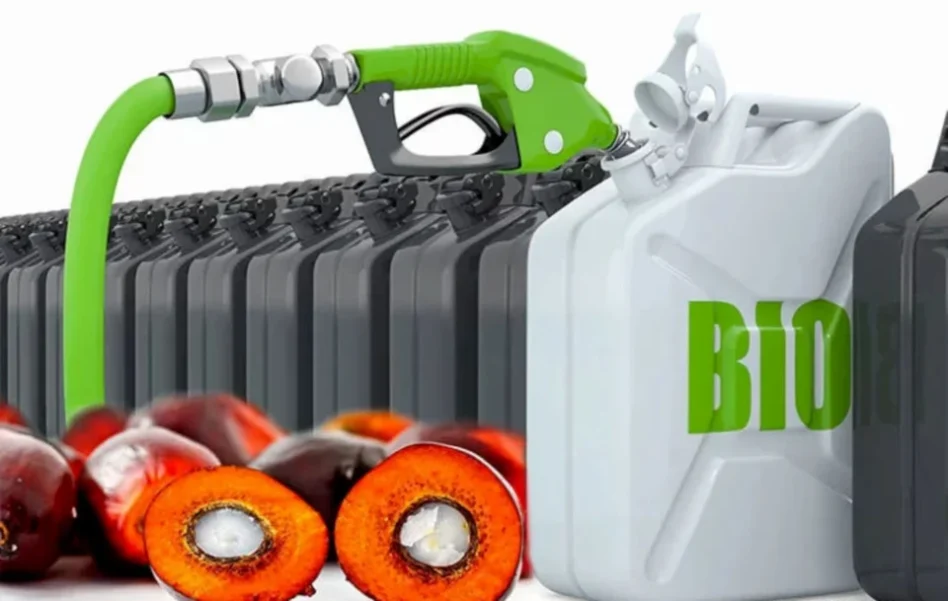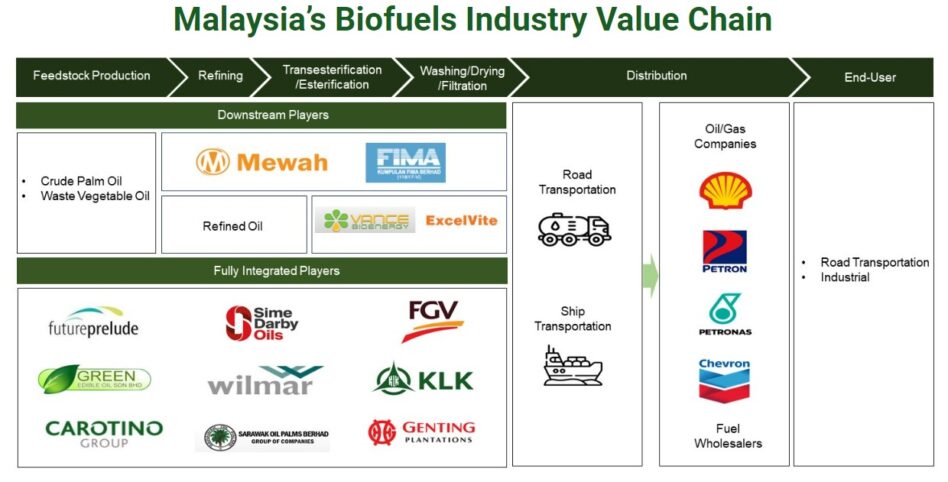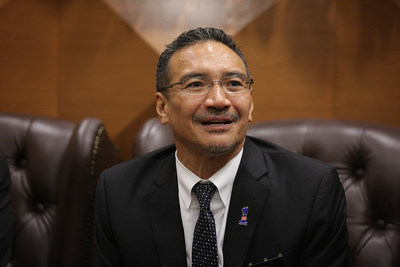AS the global shift towards sustainable energy accelerates, biofuels have emerged as a key player in the renewable energy (RE) landscape.
Data shows that the global biofuels production market which was valued at about US$120 bil in 2023 is projected to exceed US$175 bil by 2030, hence highlighting the rising demand for cleaner energy sources.
Malaysia’s fertile land and rich forests produce organic waste like wood residues and palm kernel shells (PKS) are ideal for biofuel production.
Biofuels: A Sustainable Energy Source
Biofuels are gaining traction due to their sustainability. Produced from organic materials like plants and waste, biofuels offer a renewable alternative to fossil fuels.
Unlike traditional fuels which release carbon stored underground for millions of years, biofuels are part of a natural carbon cycle.
The carbon dioxide (C02) emitted during biofuel combustion is roughly equivalent to the amount absorbed by the plants during their growth, making biofuels close to carbon-neutral.
This characteristic is essential in global efforts to reduce greenhouse gas emissions and combat climate change.

As the world’s second-largest producer of palm oil, Malaysia’s biofuel sector not only offers significant environmental benefits but also presents a compelling opportunity for economic growth.
According to the Malaysian Palm Oil Board (MPOB), Malaysia’s export value of PKS increased from RM277.0 mil in 2019 to RM760.0 mil in 2023 with export volume rising from 975,464 metric tonnes (MT) to 1.5 million MT, underscoring the country’s expanding role in the market.
The strong biofuel multiplier effect
Moving forward, the PKS industry in the Asia-Pacific (APAC) region is projected to grow at a compound annual growth rate (CAGR) of 8.9% to reach RM1.7 bil by 2026.
Similarly, export value of wood pellets from Malaysia grew from RM313.3 mil in 2019 to RM554.9 mil in 2023 with export volumes increasing from 614,558 MT to 860,283 MT.
This growth reflects Malaysia’s rising capacity in biomass feedstock production with the wood pellet industry expected to grow at a CAGR of 8.6% to reach RM57.1 bil by 2026.
The growth in the PKS and wood pellets industries highlights the increasing demand for Malaysia’s biofuel resources while positioning the country as a significant player in the regional market.
This expanding demand offers Malaysia substantial benefits, including increased export revenues, job creation and enhanced foreign direct investment (FDI) opportunities. In 2022, Malaysia secured investments of RM62 mil for two biomass projects as reported by the Malaysia Investment Development Authority (MIDA).

First-mover advantage in biofuels market
Despite the promising prospects, Malaysia’s biofuels industry faces several challenges which among others, include securing a steady supply of raw materials and meeting stringent international quality standards.
Adhering to precise customer specifications such as moisture levels and contaminant volumes adds further complexity to market demands.
Overcoming these hurdles will require significant investment in technology, infrastructure and logistics to ensure a reliable, sustainable and cost-effective global supply chain.
In the competitive global biofuels market, the first-mover advantage is crucial. Companies that can overcome the initial barriers to entry are well-positioned to capture a significant market share.
Elridge Energy Holdings Bhd which is en route to a listing in the ACE Market of Bursa Malaysia has taken proactive steps to position itself as a leader in the biofuels sector.
By investing in cutting-edge processing technology and building strong relationships with suppliers and distributors, Elridge Energy has ensured a consistent supply of high-quality biofuels that meet international standards.
Their commitment to sustainability and quality is further demonstrated by the company’s compliance with rigorous certifications such as the Green Gold Label required by strict markets like Japan.
This certification has enabled Elridge Energy to secure contracts in demanding markets such as Singapore, Indonesia and Japan where biofuels are increasingly used to meet renewable energy targets.

Malaysia’s biofuels industry vision
As countries phase out coal and other fossil fuels to progress towards net-zero emissions, Malaysia is well-positioned to capitalise on this trend, thanks to its resources and expertise.
The export market presents a prime opportunity for Malaysia to maximize economic benefits from biomass.
The Malaysian government can play a pivotal role by expanding visibility for biofuels producers, promoting them in international markets and providing incentives for investments in biofuels infrastructure.
Initiatives such as export subsidies, tax incentives and grants for research and development (R&D) can help Malaysian companies compete on a global scale and secure their place in the rapidly growing biofuels market.
Additionally, introducing a carbon tax to fund biomass industry initiatives – such as grants for new projects, subsidies for technology upgrades or support for biomass R&D – could provide significant benefits.
The current mechanism of fuel cost pass-through should also be extended to biomass to ensure price competitiveness. – Aug 19, 2024
Pankaj Kumar is managing director of think tank Datametrics Research and Information Centre Sdn Bhd, a Malaysian-based data gathering, strategic analysis and advocacy platform for businesses and industries in key sectors of the Malaysian economy.
The views expressed are solely of the author and do not necessarily reflect those of Focus Malaysia.
Main image credit: Reuters









